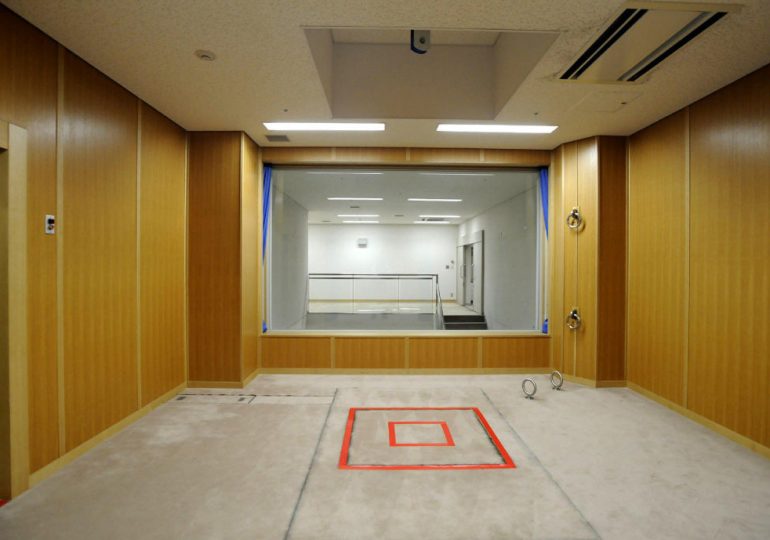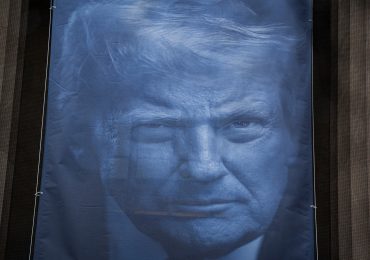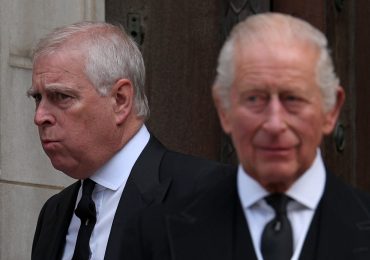A Japanese district court in Osaka on Monday dismissed a lawsuit filed by death row inmates seeking an end to the country’s practice of giving just a couple hours notice before execution as well as compensation for their mental suffering due to such a practice.
[time-brightcove not-tgx=”true”]
Not informing inmates of their impending execution until just hours before has long been criticized by international human rights organizations for lacking empathy. Amnesty International, which opposes the death penalty in all cases, said in a 2009 report on capital punishment in Japan that the short-notice practice is particularly “cruel” because it “leads all death row prisoners to face – every day – the question: ‘will this day be my last?’”
“We are so disappointed with today’s [ruling],” Ikeda Hisayo, director of Amnesty International Japan, told TIME after the dismissal of the lawsuit.
Two anonymous inmates filed the suit in 2021, arguing that being informed of executions only hours before violates Article 31 of the Japanese constitution for not granting those on death row due process by giving ample time to object. Local paper Asahi reports that the inmates also argued that same-day notice violates Article 13’s guarantee of human dignity. The plaintiffs sought some 22 million yen (around $142,000) in damages to their mental health because of the uncertainty and stress the hasty notices bring.
The government, which argued for a dismissal, said the short-notice practice was adopted to prevent death row inmates from committing suicide after being given more advanced notice of their execution, according to Asahi. The court did not rule on the constitutionality of the practice and, according to Nikkei, a lawyer for the inmates said he plans to appeal the dismissal.
Japan and the U.S. are the only industrialized democracies that still carry out death sentences, but the Japanese capital punishment system is infamously opaque. Once a justice minister signs off on an execution, which in practice takes years after being handed down, it must be conducted within five days of the minister’s order. But there is no clear legal stipulation on how soon death row inmates should be informed. Since the mid-1970s, it has been common for the head of a detention center to inform an inmate of their execution just one to two hours before, while family members are typically notified after the execution has already taken place.
“It is one of the issues that sets Japan’s death penalty system apart from other countries, such as the United States, which consider it humane to give death row inmates and their families greater notice of their impending executions,” Jeffrey Hall, lecturer in Japanese studies at Kanda University of International Studies in Chiba, tells TIME.
The death penalty has amassed widespread public support in Japan, with a 2019 poll of citizens showing that over 80% of respondents believed capital punishment was necessary. Japan has carried out 718 executions from the end of World War II in 1945 to 2022, according to data from Crime Info, a Japanese criminal justice non-profit. No executions were carried out in 2023, but, according to Asahi, there were 109 people on death row as of the end of March.
Leave a comment








